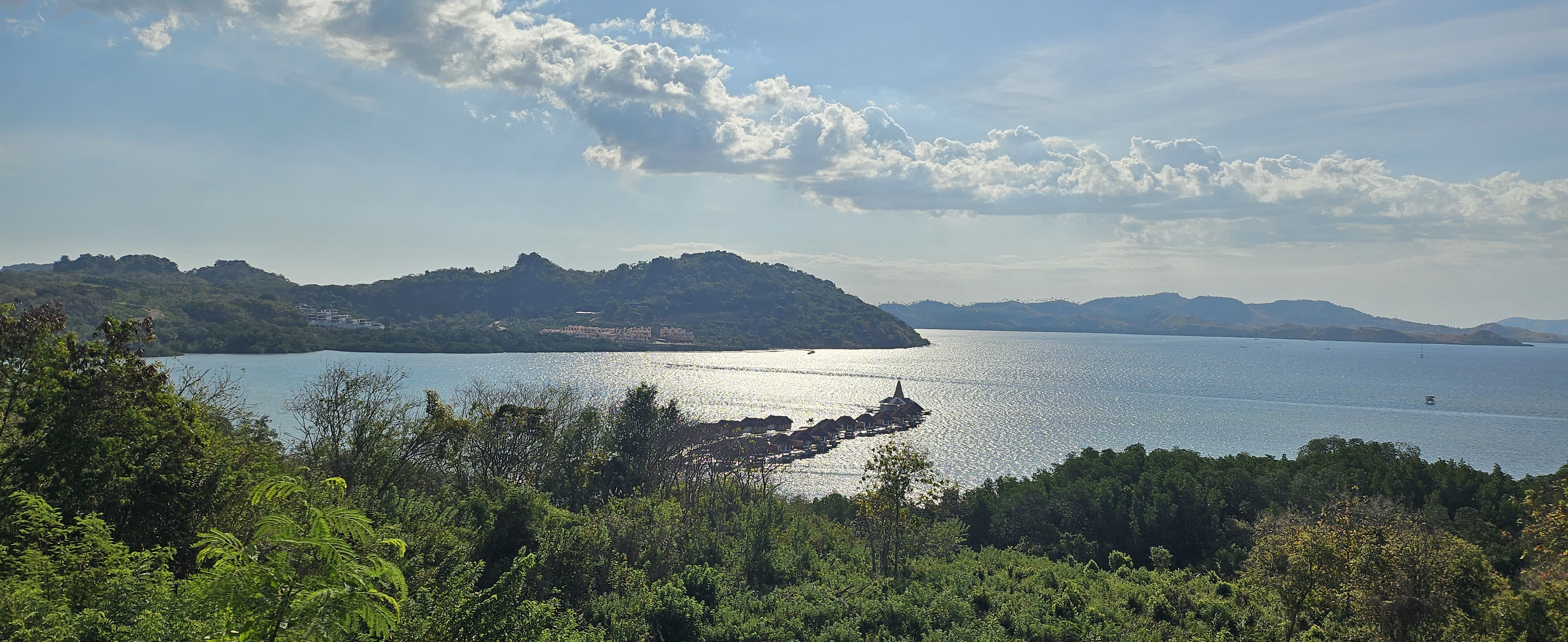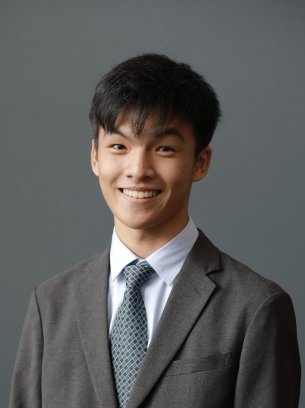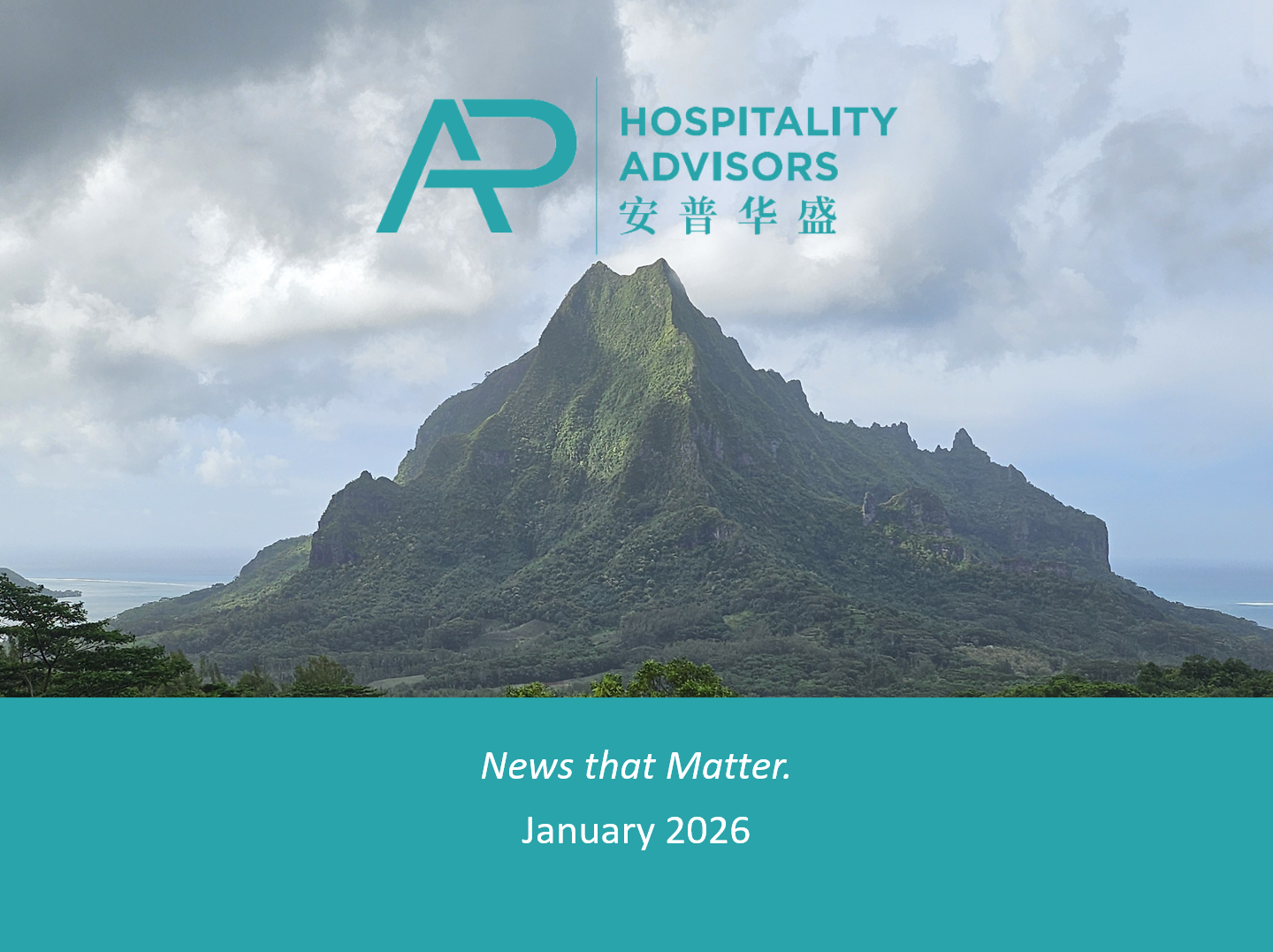AP COVID Hospitality Bulletin Asia Pacific - November 2021

New Article: A potential recovery in China outbound demand OR what’s in store for 2022?
After closing for more than 18 months, countries in APAC are gradually reopening to travelers. Bookings of air tickets and hotel are growing in the regions, but Chinese outbound travelers seem to stay put for a bit longer. We share our views on the return of Chinese tourists in 2022, focusing on 5 destinations: Macau, Hong Kong, Thailand, Cambodia, and Singapore! Click here for the article.
Deal Watch: Portfolio of six Stamford hotels, Australia
- Singapore-based Stamford Land put up for sale a collection of hotels under Stamford Hotels and Resorts after announcing the upcoming divestment and future asset-light strategy earlier this year. The price is reportedly up to AUD 1 billion for six hotels across Australia and New Zealand with 1,569 rooms in total and option to license the Stamford hotel brand. The sale this time would not include the Stamford Plaza Brisbane, for which Stamford Land may have redevelopment plans. Although rumors suggested several interested buyers, a successful closing has yet to be announced.
- Back in 2019, owner of Stamford, Singaporean tycoon CK Ow planned to redevelop Circular Quay’s Sir Stamford Hotel in Sydney, but it was later challenged by the local government and business owners. It was argued that the redevelopment plan should also take the property’s heritage into concern. The impact of COVID-19 may have forced the owner’s hand, impacting all Stamford properties, which mainly relied on business travelers to the CBD area.
AP’s take: this will be the latest transaction in a string of acquisitions that pushes Australian hospitality investments to an all-time record high. It will be interesting to see what other opportunities come to market in 2022 and how investors will create value there.
Transactions that matter.
1. Millennium Hilton Seoul, South Korea
- Singapore-listed City Developments Limited (CDL),owner of Millennium & Copthorne Hotels Limited and other hospitality assets, signed a memorandum of understanding to sell Millennium Hilton Seoul to IGIS Asset Management, a Seoul-based real estate manager, in October. The700-key property was changed hands for 1 trillion won (USD 850 million), or 1.4billion won (USD 1.2 million) per key.
- Opened in 1983, Millennium Hilton Seoul has been an iconic upscale hotel ever since. Previously co-managed by Hilton International and Daewoo Group, the latter going bankrupt during the Asia Asian financial crisis, the property was acquired by CDL at 260 billion won (USD213.5 million) in 1999. COVID-19 heavily hit hotel business in Seoul, and several landmark hotels were sold for redevelopment due to weak demand and poor performance, such as Sheraton Palace Hotel and Sheraton D Cube City Hotel.
- IGIS Asset Management plans to convert the hotel into a mixed-use complex comprising hotel, office, and retail spaces. This would be the second redevelopment project of a hotel asset under IGIS. Back in2018, IGIS, together with KKR, a leading American private equity firm, and National Pension Service of Korea (“NPS”) acquired the former Renaissance Hotel Seoul in Gangnam business district from a local construction company. After redevelopment, the complex reopened in May 2021 featuring an office component and luxury hotel: Josun Palace by Shinsegae Group.
AP’s take: after incurring heavy losses in their China venture, CDL at last found a buyer for this asset, which has been on the block for more than a decade. Over the years, many investors had tried to close a deal with CDL but it took an aggressive redevelopment scheme and distress from the owner and at the asset level to make it happen.
2. Sofitel Sydney Wentworth, Australia
- The landmark, 436-key Sofitel Sydney Wentworth hotel, was sold to a joint venture of Futuro Capital, Marprop Real Estate Investors & KKR from Frasers Hospitality Trust, a Singapore-listed hospitality REIT. Brokered by CBRE, the transaction price was recorded at AUD315 million (USD 236 million) or AUD 722,500 (USD 680,000) per key.
- The hotel benefits from a prominent location in the Sydney CBD and was the first five-star hotel opened in Sydney back in 1966. Previous transactions were between Frasers Hospitality Trust and LaSalle Investment Management at AUD 224 million in 2015, and it was one of the highest transactions in the Australian market at that time. The property is managed by Accor on hotel management agreement which expires in 2026, and the master lease lasts until 2035.
- While domestic tourism slowly resumes and international travel in Australia is set to recover, Frasers Hospitality Trust believes that there would be increasing hotel room demand in Sydney. The divestment of Sofitel Sydney Wentworth is to ensure optimal return on investment and increase financial flexibility as part of their diversified portfolio across Asia, Europe and Australia.
AP’s take: it will be interesting to see how the buyers will add value to the heritage listed asset. Redevelopment is unlikely option though the expiration of the management agreement may provide some opportunities. Certainly an asset enhancement plan to watch!
3. Okada Manila, Philippines
- Okada Manila, the Integrated Resort located at Entertainment City in Manila owned by Universal Entertainment Corp, is valued at USD 2.6 billion after announcing their merger agreement with 26 Capital Acquisition Corp, a Special Purpose Acquisition Company (SPAC) founded by Jason Ader listed on the NASDAQ stock exchange. Tiger Resort Asia, operator of Okada Manila, officially announced the merger and expressed their confidence on IR development in the region although the city underwent several lockdowns due to the pandemic.
- The casino complex commenced operations at the end of 2016 after 7-years of construction with an investment of USD 2.2 billion. Phase one of the project included 993 hotel room, more than 3,000 electronic gaming machines and 500 table games. The new financing received from the merger is expected to facilitate the current Okada Manila to expand its capacity, and to boost Universal Entertainment’s future IR investment in Asia.
AP’s take: one of the first large SPAC deals for hospitality in APAC. Will be interesting to track how the stock performs going forward. Nice way for Universal to cash out USD275while retaining a 12% stake.

COVID news that matter.

Cambodia
- Moving upward fast on the vaccination leader board, Cambodia now has second highest vaccination rate in Asia-Pacific. The fully vaccinated population ratio reached83% in October, and some regions started to provide optional third dose booster shots to their citizens. Cambodia acquired more than 37.72 million doses of vaccination from China. Daily cases continued to decrease over past months. Planning to get the younger population vaccinated, the government is confident to reopen its borders like other SEA countries as scheduled.
- The Ministry of Tourism released a three-stage reopening plan for vaccinated travelers starting in late November. Stage 1, “restart,” would start with cities along Gulf of Thailand, including Sihanoukville, Koh Rong Island, and the Dara Sakor project. The country’s main attraction, Angkor Wat and city of Siem Reap will not open until 2022.
Japan
- Japan lifted its state of emergency for the first time in six months in October, and various restrictions were eased accordingly. Although daily new cases decreased as vaccination rates increased after the Olympic Games, there is no sign of reopening to international tourists at this moment. Besides, the government announced they would welcome business travelers to Japan by reducing the current 10-day quarantine to just 3 days. The government, on the other hand, is eager to restart domestic travel to compensate the loss of profits from international travelers. Tetsuo Saito, Japan's new Minister of Land, Infrastructure, Transport and Tourism announced the intention to resume “Go to Travel” which provides subsidies up to50% on domestic travel expenses.
- Japan would stick to 2030 its tourism target of 60 million annual visitors amid COVID-19’s impact. Development of Integrated Resorts (“IRs”) is part of the strategy to attract more inbound tourists in the long run. The planned IR is scheduled for 2022, and the central government plans to approve up to three locations for IR development. Interested local governments all appointed operators to prepare the proposal, including partnership in Osaka City with MGM and Orix Corp, Wakayama City with Caesars Entertainment and Clairvest Neem Ventures, and Nagasaki with Casinos Austria.
Thailand
Thailand kickstarted the largest quarantine-free program for visitors from more than 60countries, after its initial success of the “Phuket Sandbox” experiment, which welcomed almost 60,000 visitors to the island since July. Bangkok's Suvarnabhumi airport and the international airport in Phuket are the first two airports to receive international travelers under the new policy. Nevertheless, some local business owners still have doubts towards the relaxation as the country recorded more than 8,000 cases a day, though vaccination rates are gradually increasing. The reopening is expected to attract travelers from western countries during the winter holidays and critical peak season in January.








